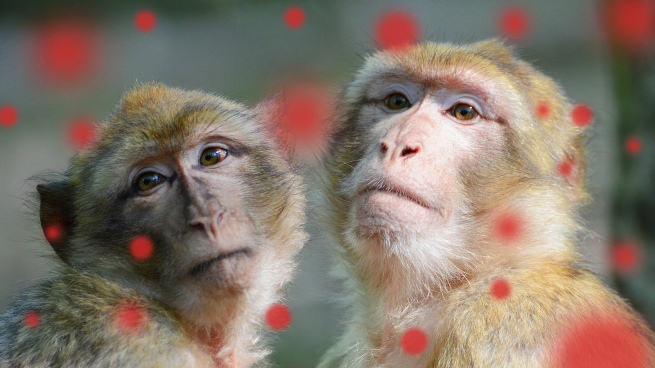The World Health Organization (WHO) lamented the reports of attacks against primates in Brazil for alleged fear of monkeypox and insisted that current outbreaks are explained by human-to-human transmission.
“People need to know that the transmission we are seeing right now is between humans,” a WHO spokeswoman, Margaret Harris, told a news conference in Geneva.
According to the Brazilian news page G1, a dozen monkeys would have been poisoned, and some injuredin less than a week in a nature reserve in Rio do Preto, in the state of Sao Paulo, in Brazil.
Rescuers and activists suspect the animals were targeted after three cases of monkeypox were confirmed in the area, according to G1.
They were also attacked in several Brazilian cities, according to the same source, citing the association for the fight against illegal wildlife trafficking Renctas, the AFP news agency reported.
Brazil registered more than 1,700 cases of monkeypox and one death, according to WHO data.
On July 23, the WHO declared that the outbreak of #simianpox constitutes a public health emergency ? of international importance.
⬇️ Here what you need to know about the disease ?. pic.twitter.com/ur8VomIu7b
— PAHO/WHO (@opsoms) August 8, 2022
The term monkeypox was used after the virus was detected in 1958 in monkeys in a laboratory in Denmark, but the virus has also been found in other animals, especially rodents.
The disease was first detected in humans in 1970 and is less dangerous and contagious than smallpox, which was eradicated in 1980.
The virus can be transmitted from animal to man, but recent explosion of cases due to human-to-human transmission through close contactsnoted Harris, who argued that “people certainly shouldn’t attack animals.”
The WHO activated its highest level of international alert at the end of July to try to contain the outbreak of this disease.


















